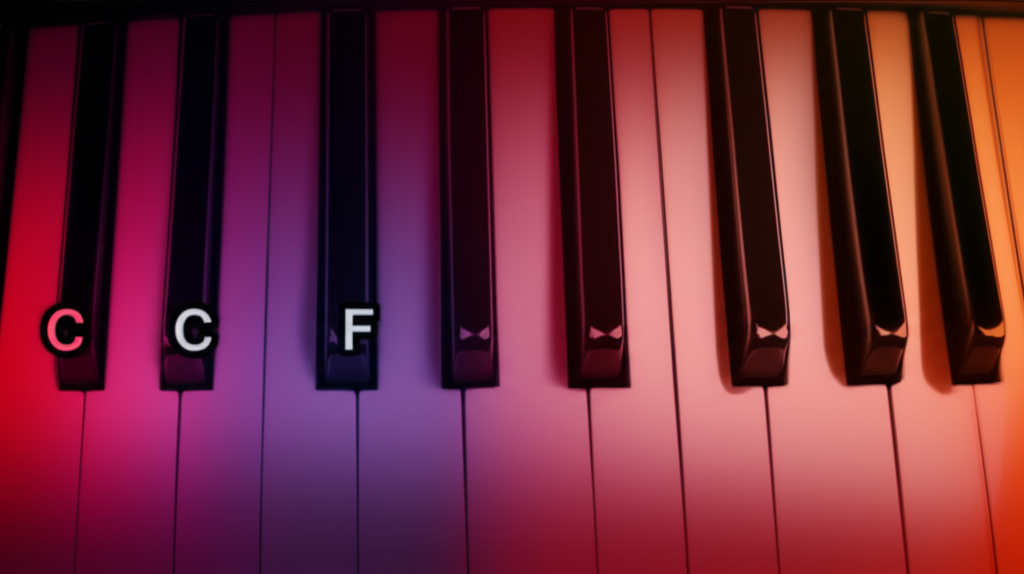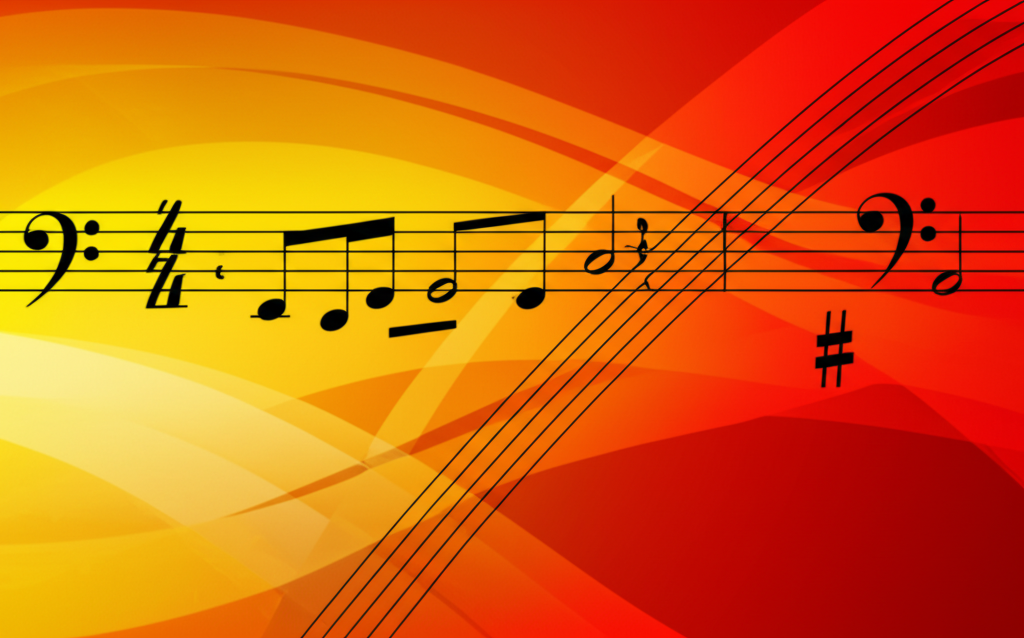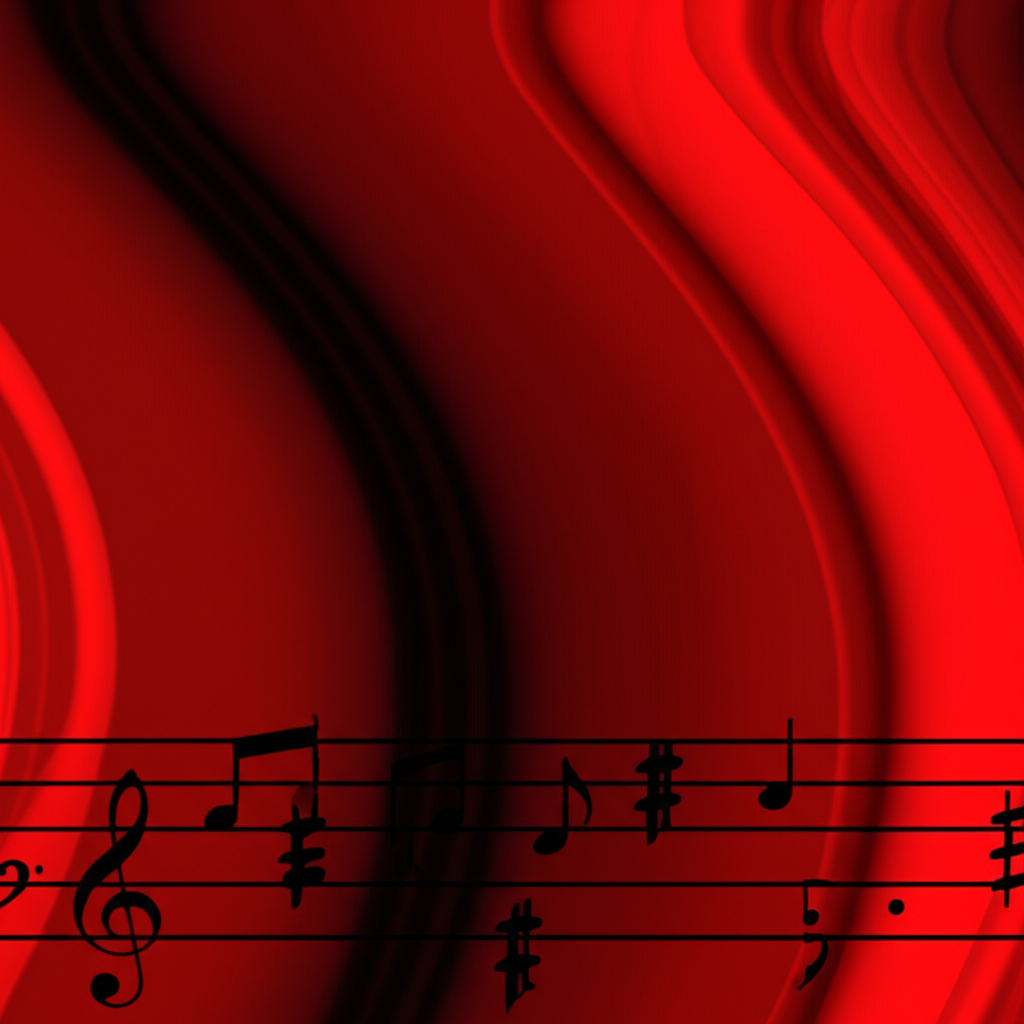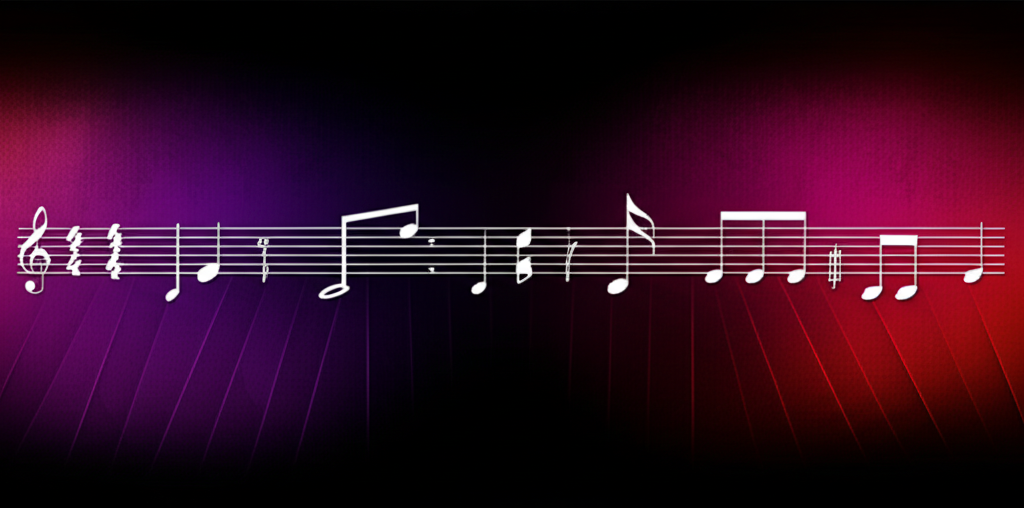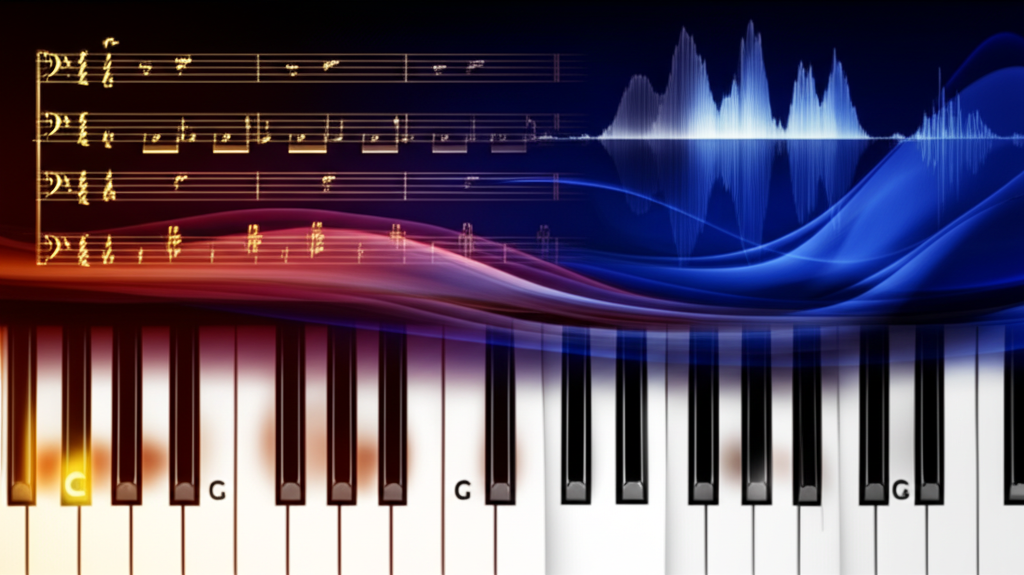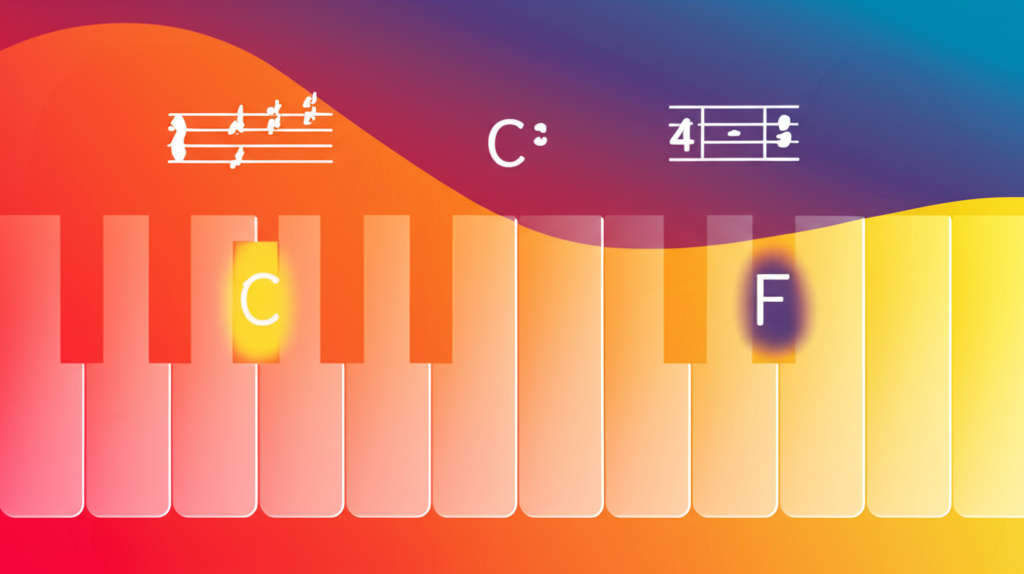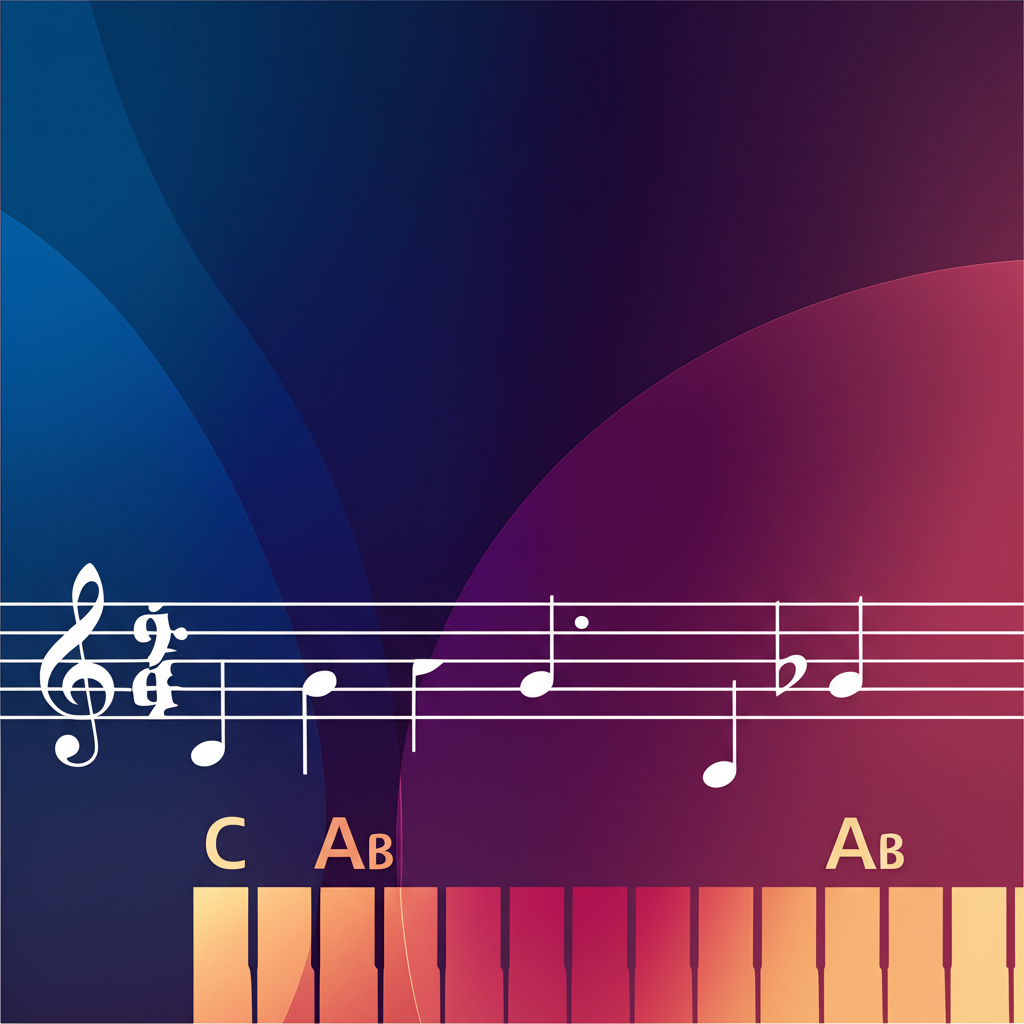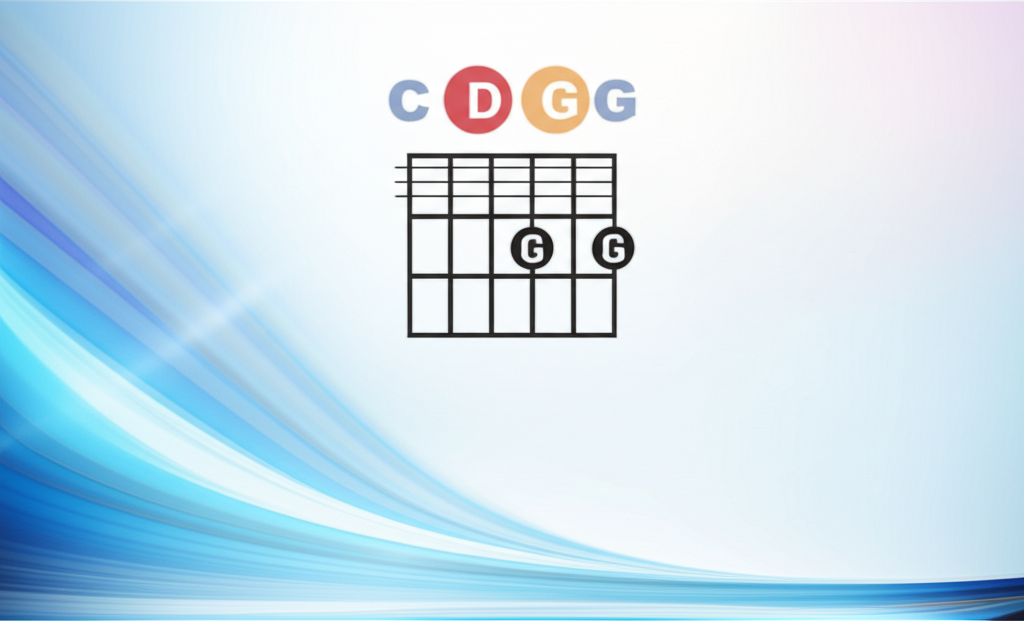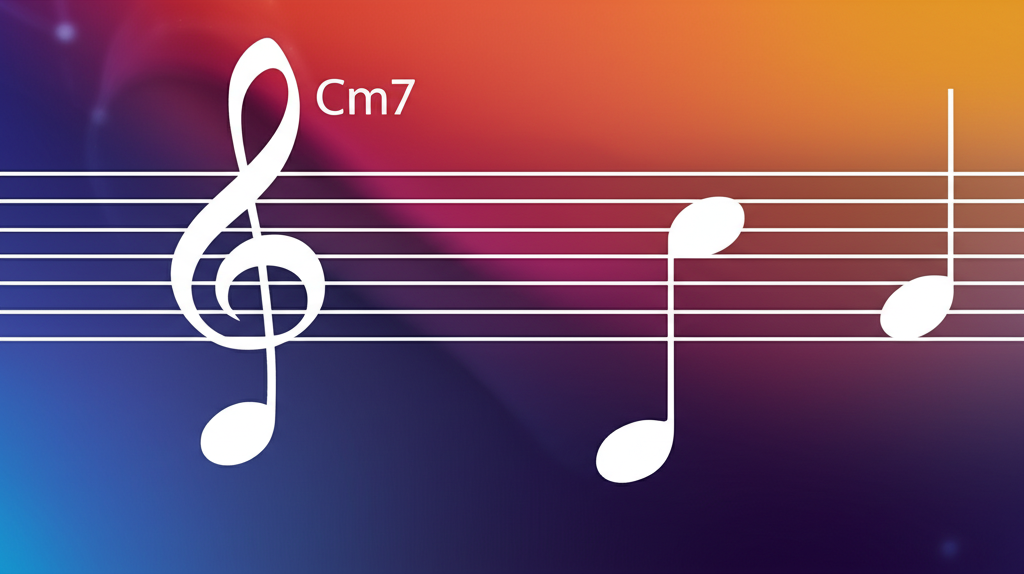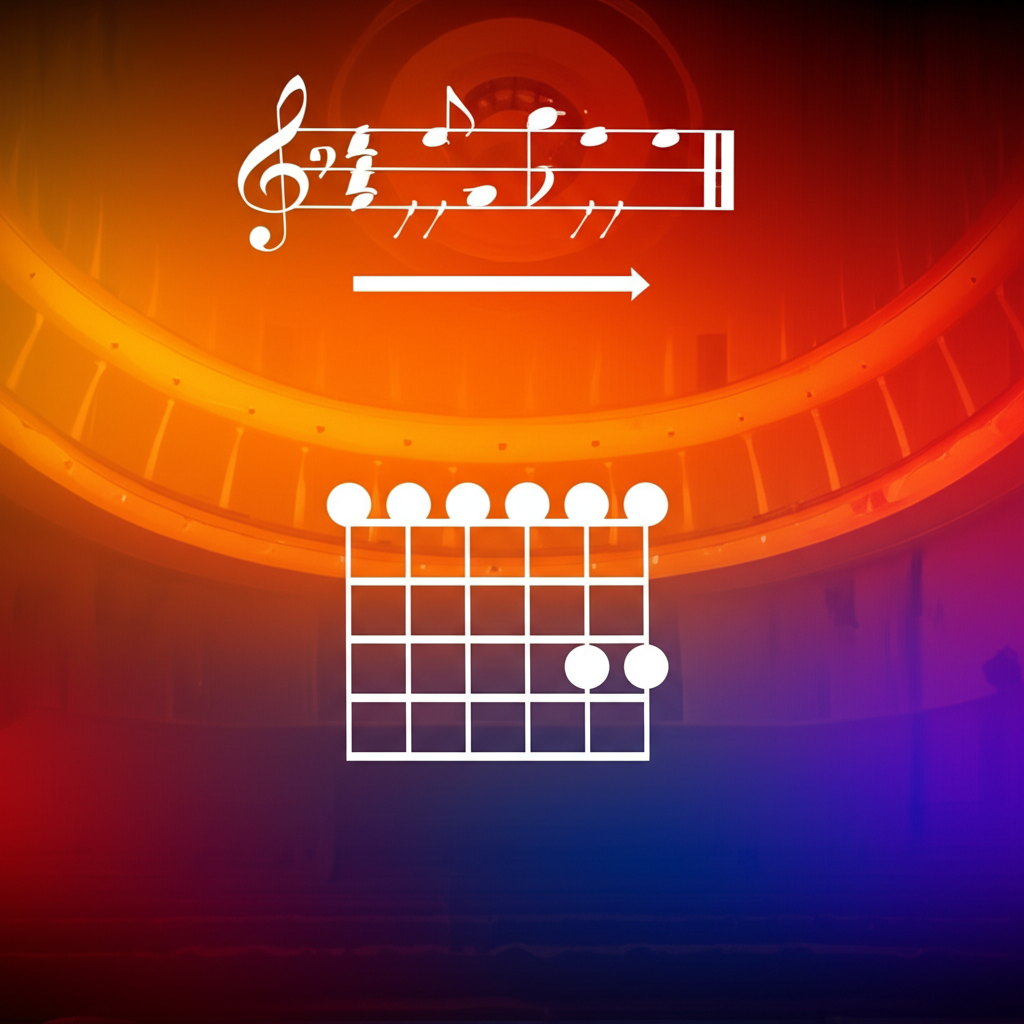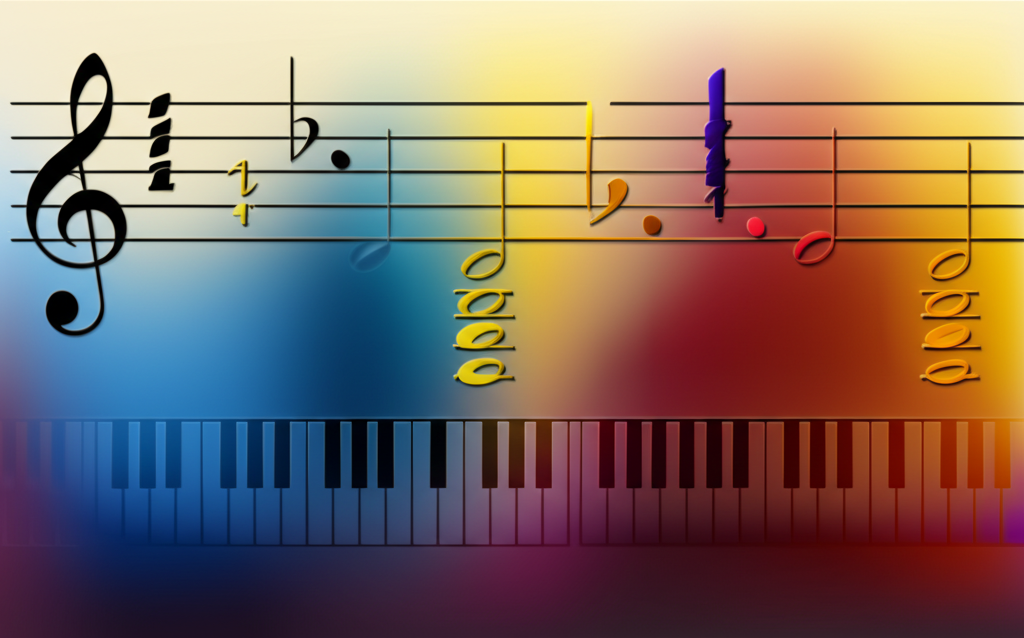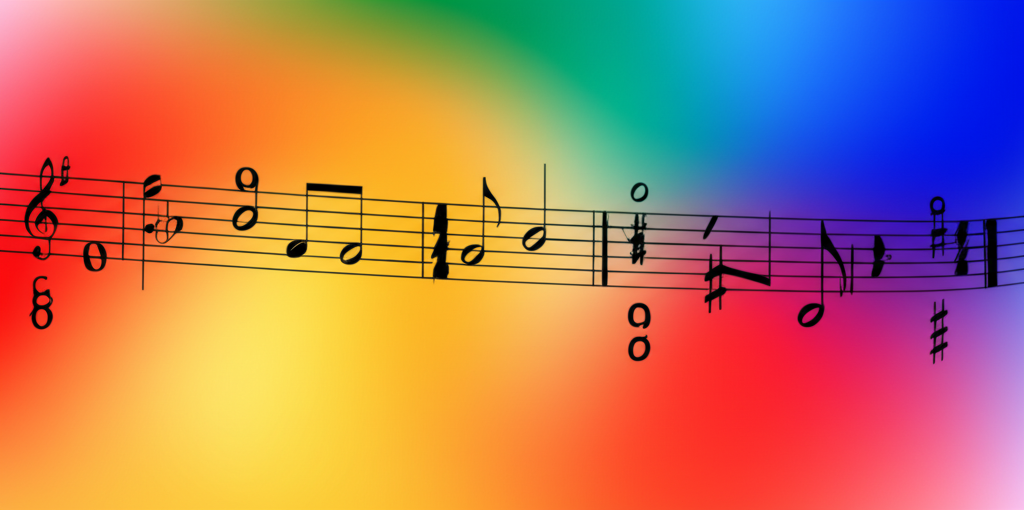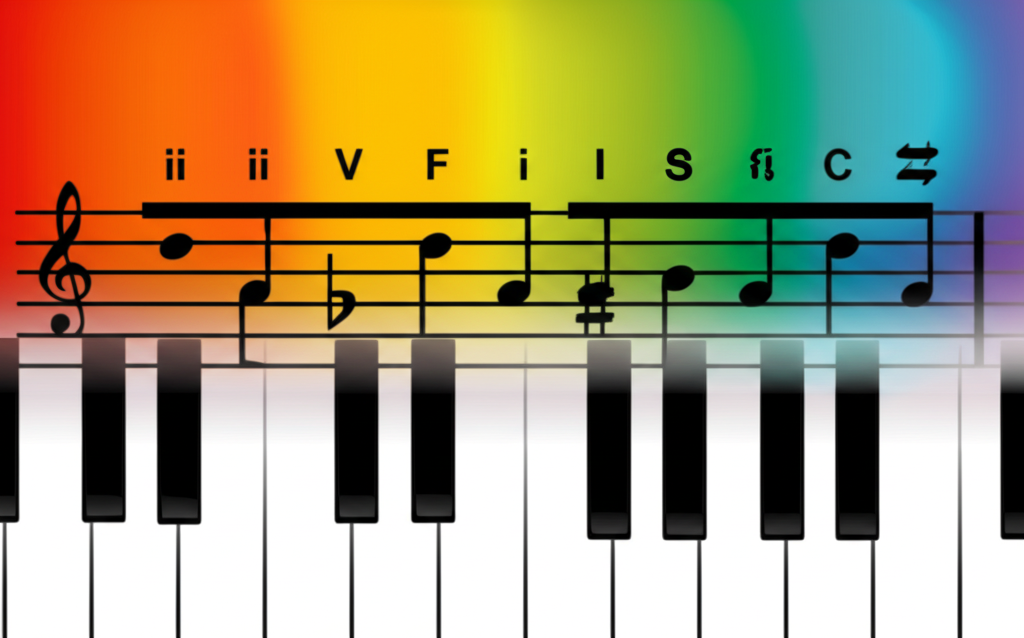
ii-V-I Progression

b4n1
May 25, 2025, 2:23 a.m.
Understanding the ii-V-I Progression
The ii-V-I progression is arguably the most important chord progression in jazz and is fundamental to understanding tonal harmony. This three-chord sequence creates a strong sense of resolution and forward motion that has captivated musicians for generations.
Structure of the ii-V-I
In the key of C major, the ii-V-I progression consists of:
- ii chord (Dm7): D-F-A-C - minor seventh chord
- V chord (G7): G-B-D-F - dominant seventh chord
- I chord (CMaj7): C-E-G-B - major seventh chord
Harmonic Function
Each chord in the progression serves a specific harmonic function:
- ii chord: Subdominant function, creates mild tension
- V chord: Dominant function, creates maximum tension
- I chord: Tonic function, provides resolution and stability
Voice Leading
The ii-V-I progression features excellent voice leading:
- Root movement: Down a fifth (or up a fourth) each time
- Common tones: Smooth connections between chords
- Guide tones: The 3rd and 7th of each chord create smooth motion
- Tension and release: Natural flow from stability to tension to resolution
Jazz Applications
The ii-V-I is ubiquitous in jazz:
- Turnarounds: Used to return to the beginning of forms
- Modulation: Can lead to different key centers
- Substitutions: Various chord substitutions can embellish the basic form
- Extended forms: Can be extended to iii-vi-ii-V-I
Minor Key Version
In minor keys, the progression becomes ii°-V-i:
- ii° chord: Half-diminished chord (e.g., Dm7♭5 in C minor)
- V chord: Often altered dominant (e.g., G7alt)
- i chord: Minor tonic (e.g., CmMaj7 or Cm6)
Common Songs Using ii-V-I
Famous examples include:
- "All The Things You Are"
- "Autumn Leaves"
- "Fly Me to the Moon"
- "Giant Steps" (with substitutions)
- "Satin Doll"
Practice Suggestions
To master the ii-V-I progression:
- Practice in all 12 keys
- Learn the guide tone lines (3rds and 7ths)
- Practice with different voicings
- Study jazz standards that use this progression
- Experiment with chord substitutions
Mastering the ii-V-I progression is essential for any serious student of jazz harmony and provides a foundation for understanding more complex progressions.
